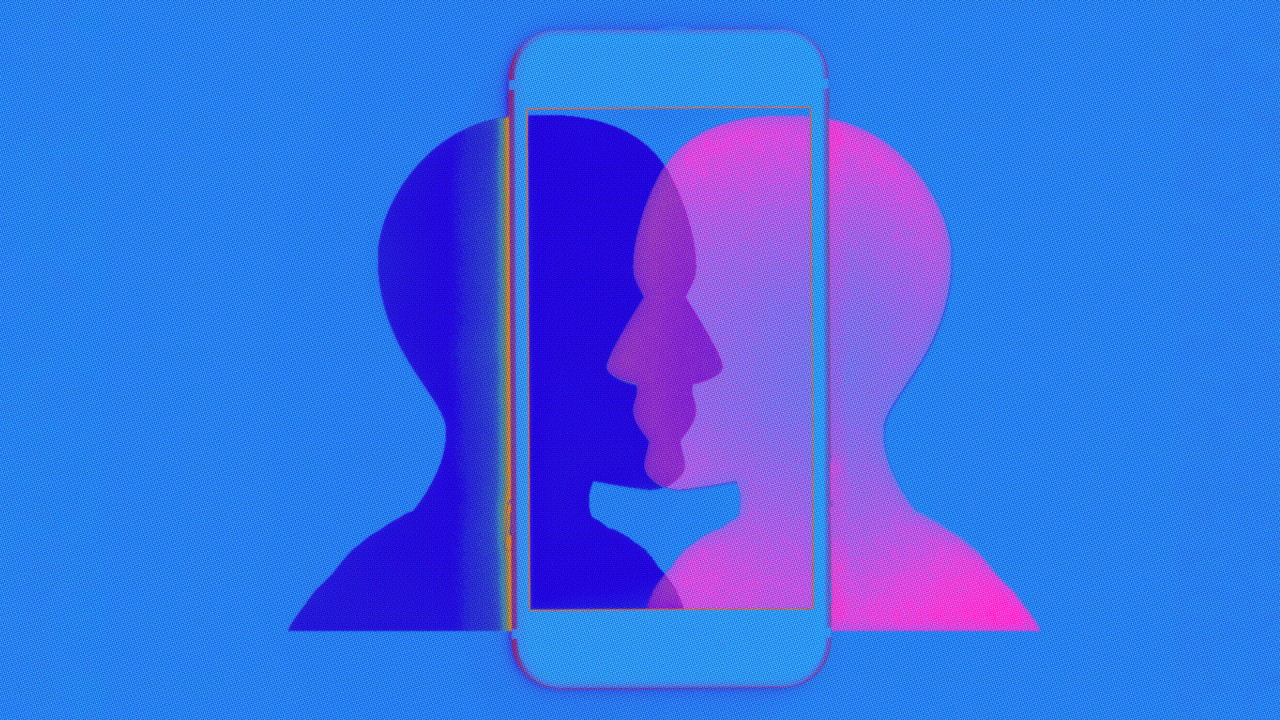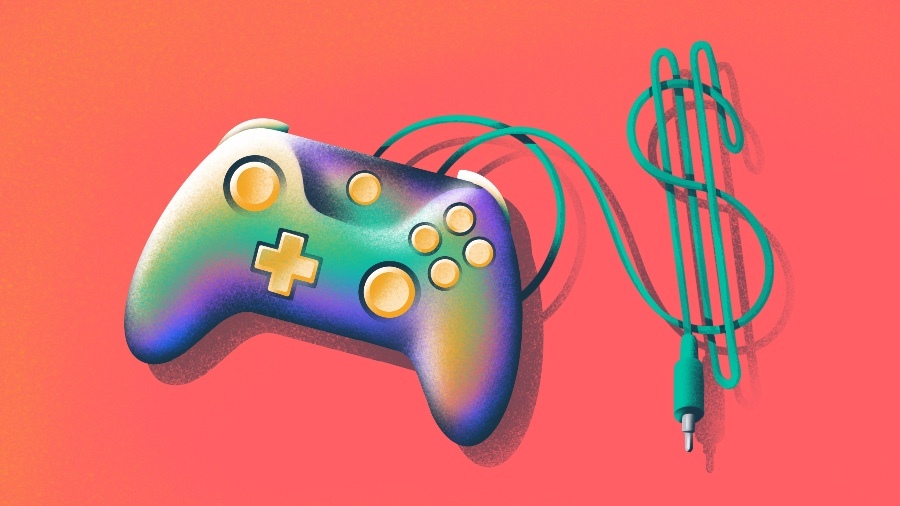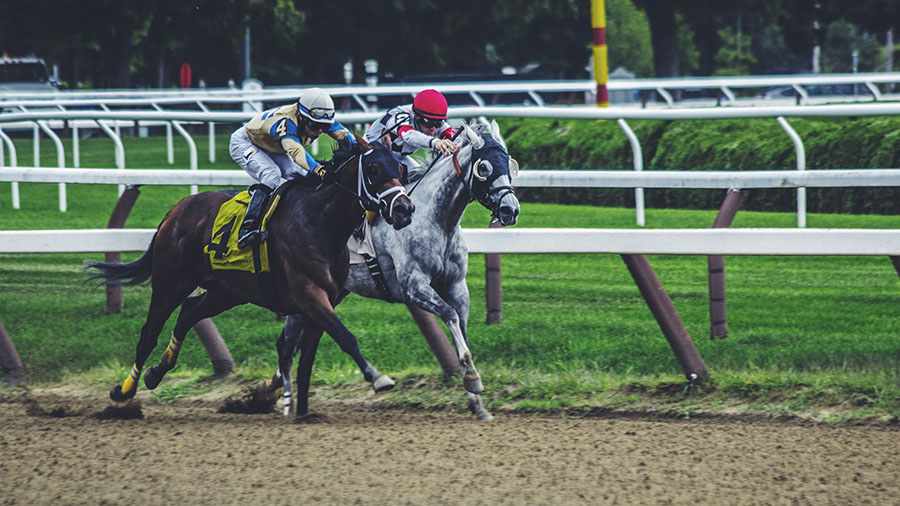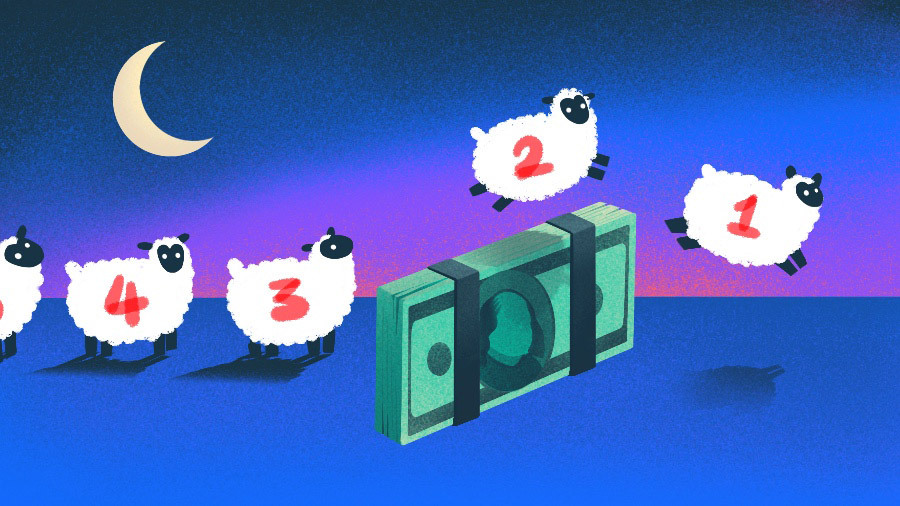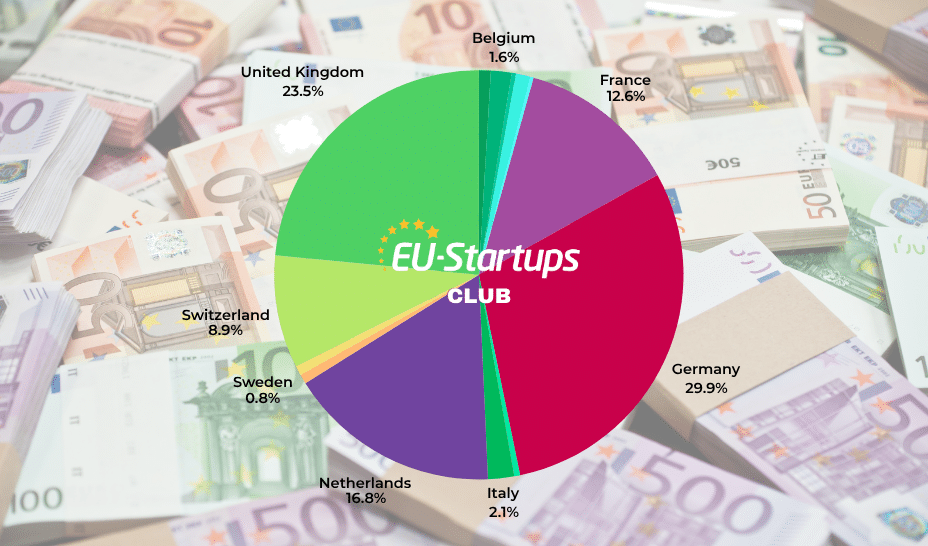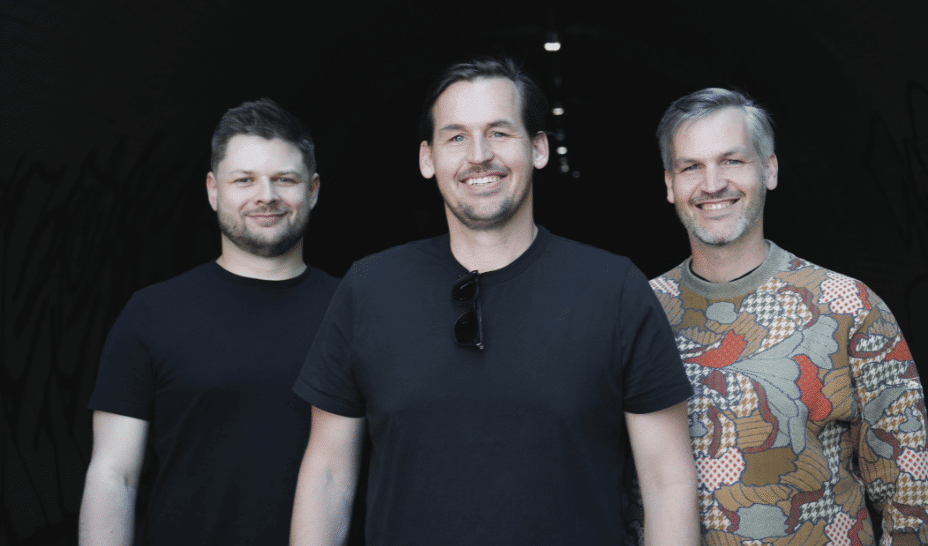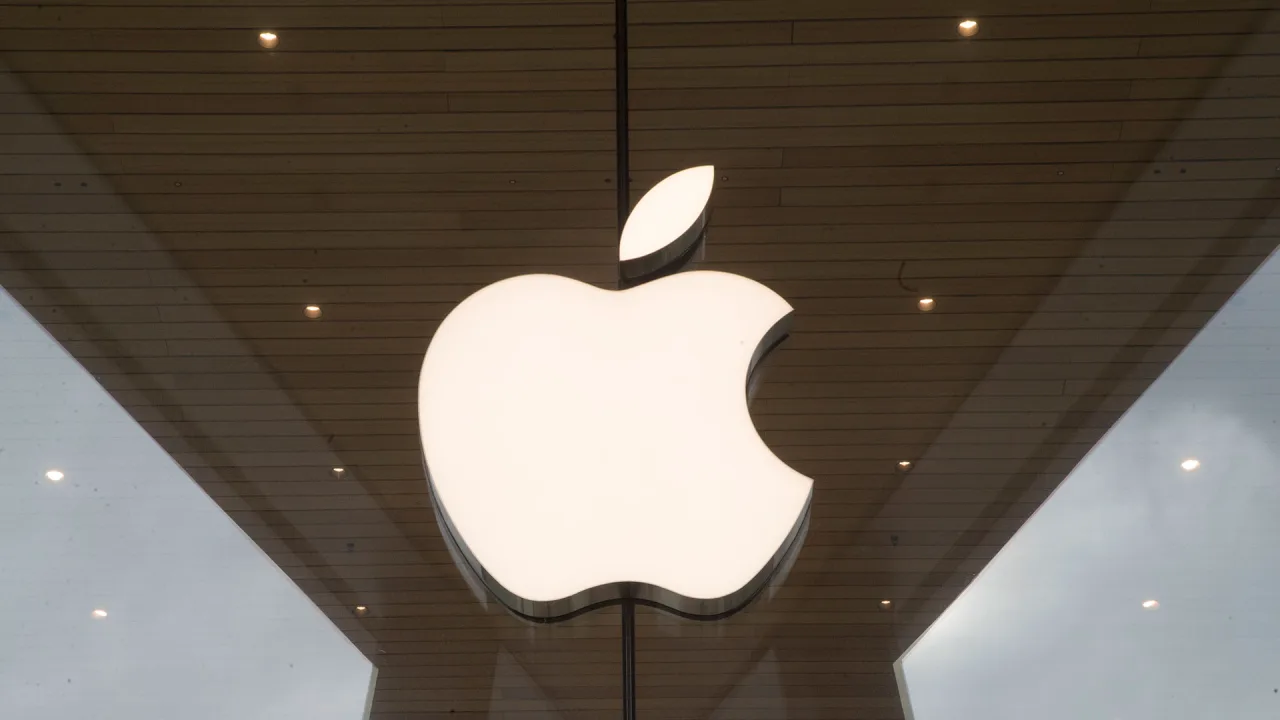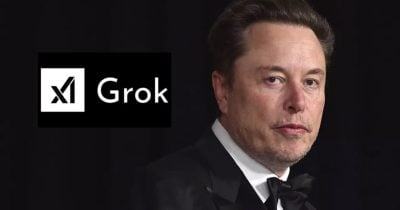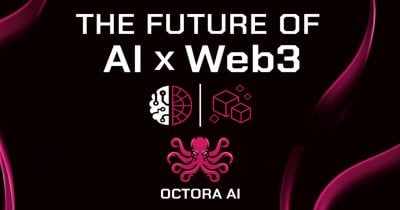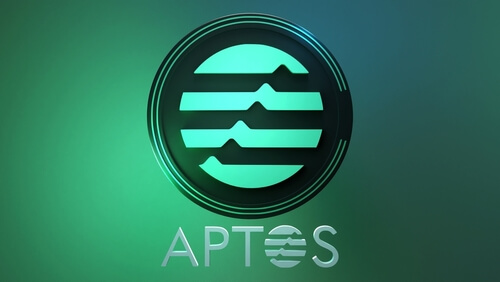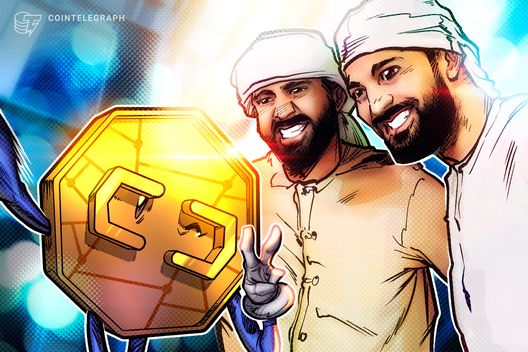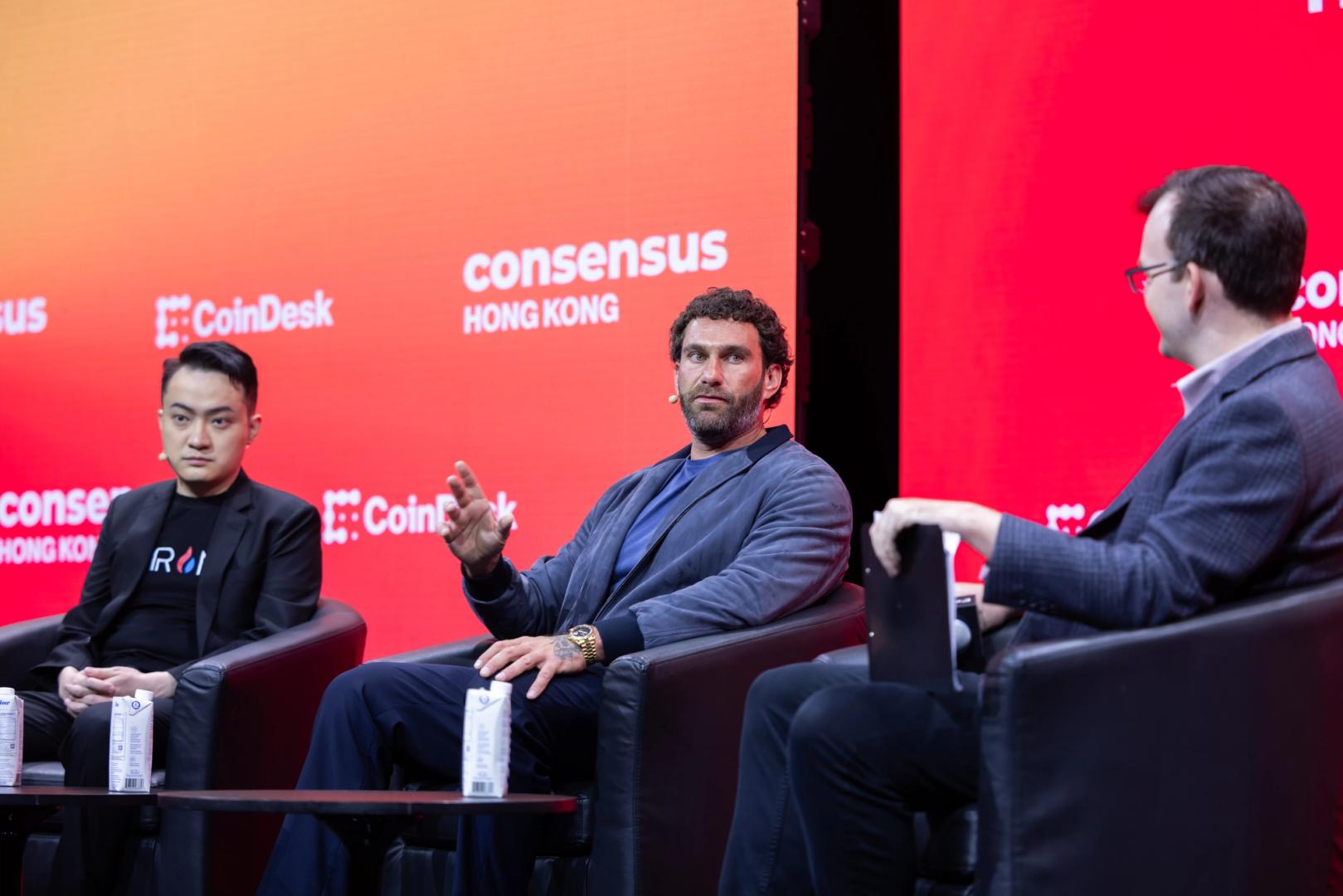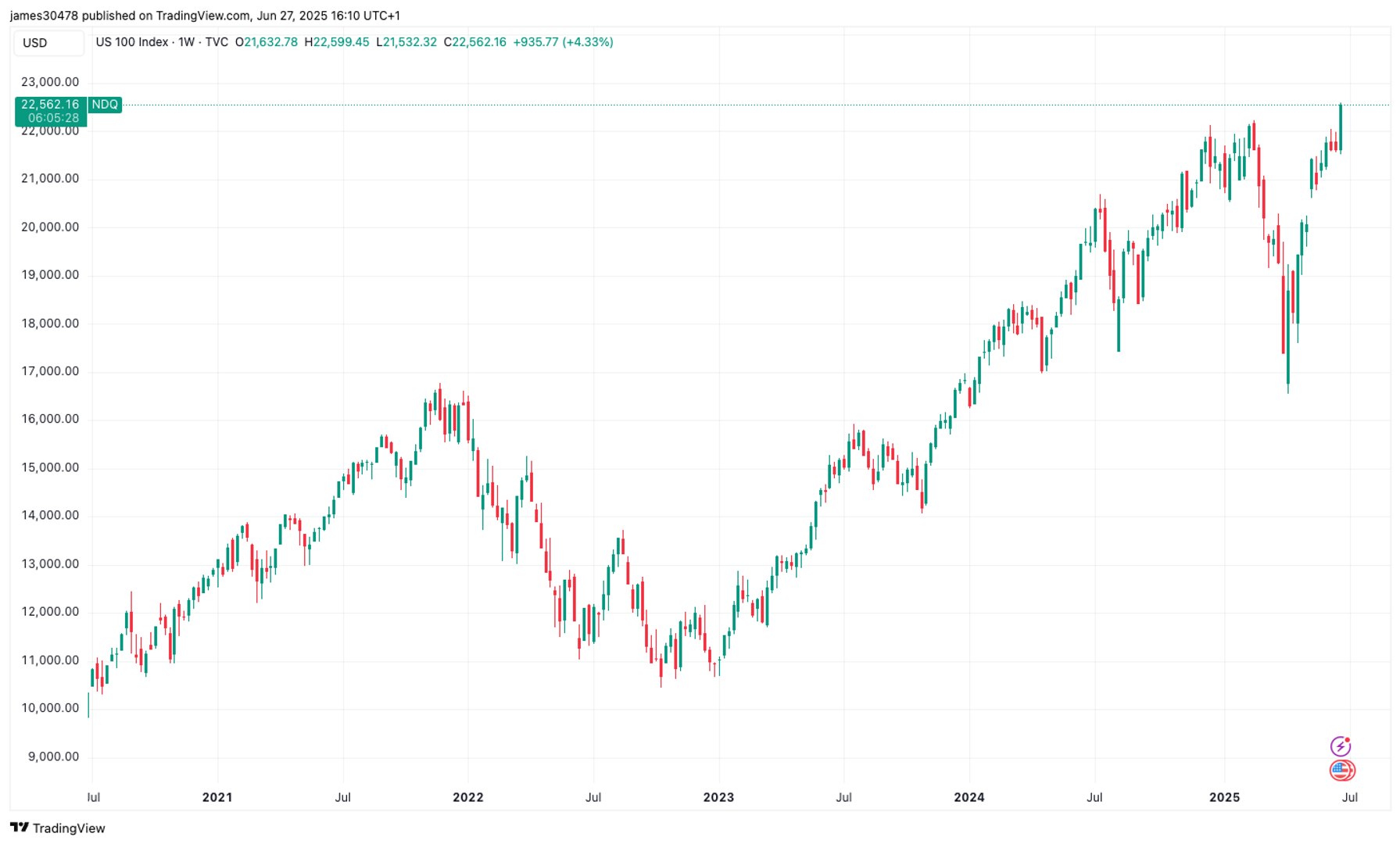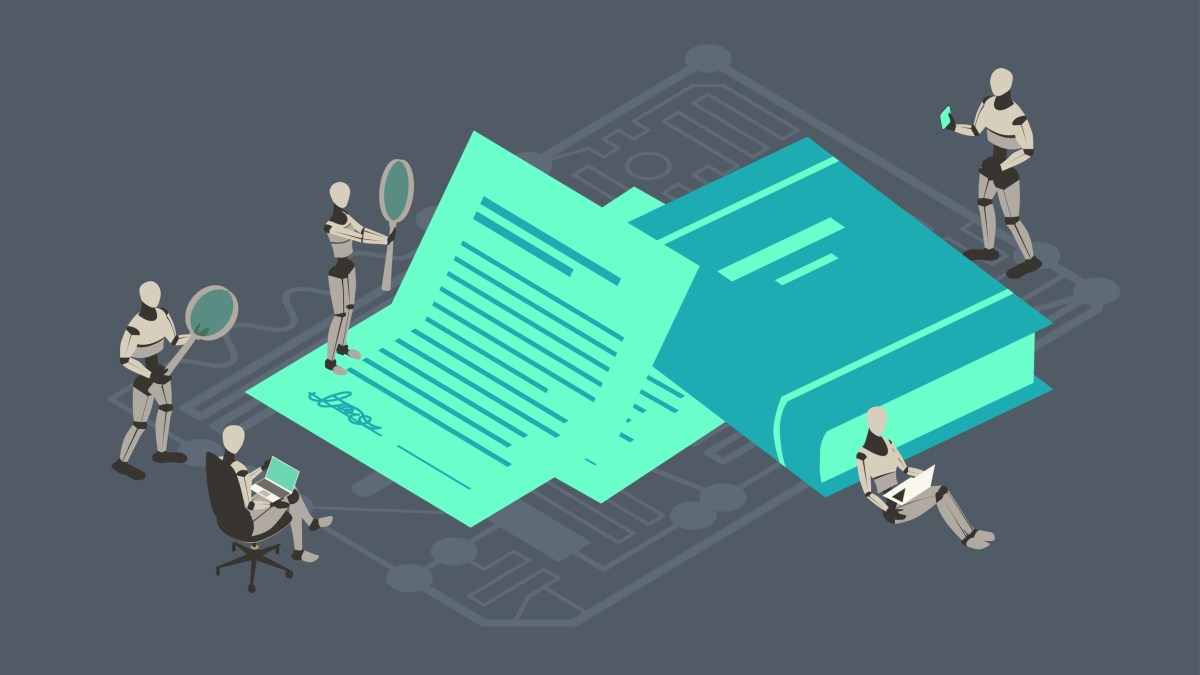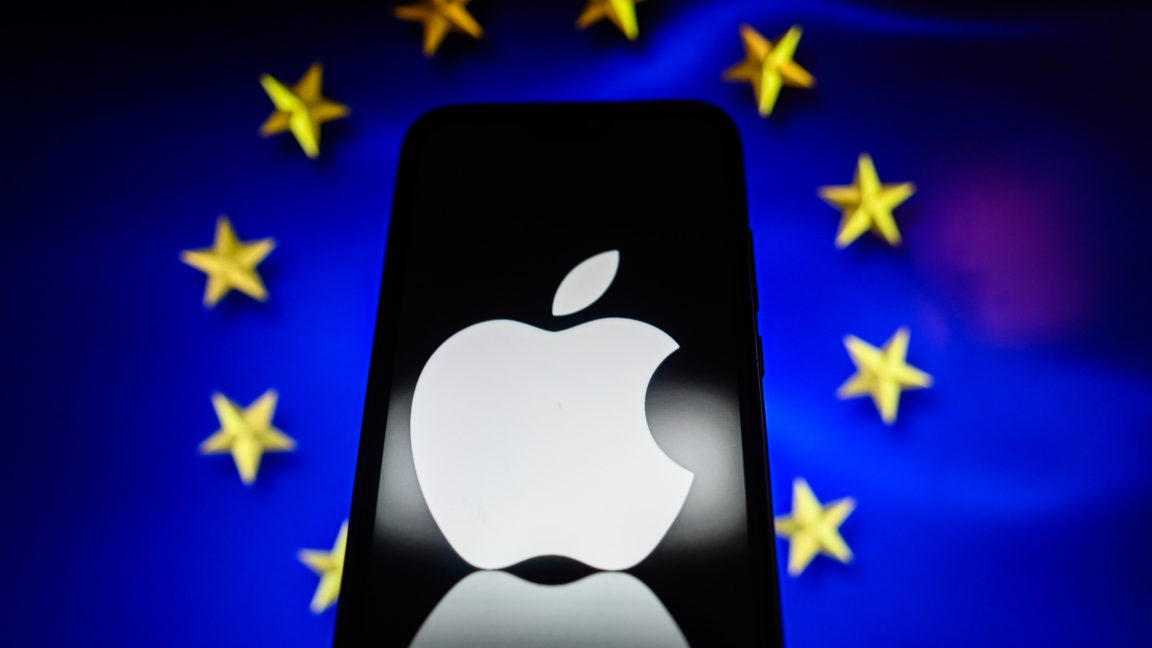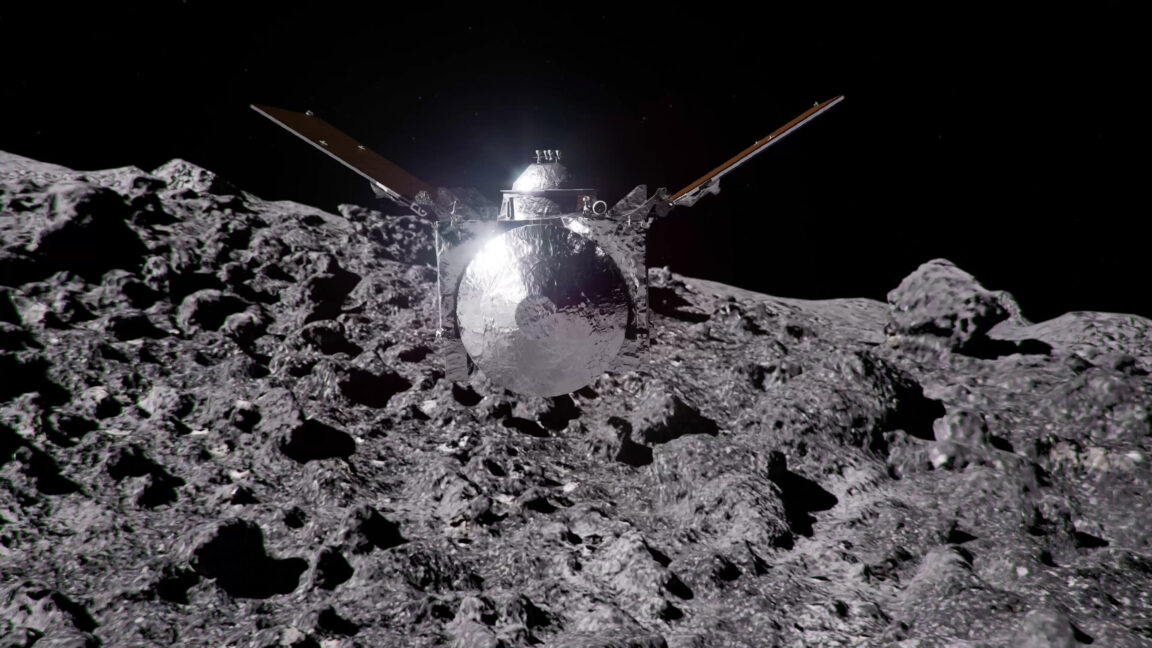Here are 3 godfathers of AI reshaping the world of artifical intelligence
From neural networks to AI ethics, Hinton, Bengio, and LeCun have shaped the trajectory of artificial intelligence for decades.


Artificial Intelligence (AI) has transformed how the world thinks, works, and builds. At the centre of this revolution stand three influential scientists – Geoffrey Hinton, Yoshua Bengio, and Yann LeCun – collectively known as the “Godfathers of AI”. Their pioneering work laid the foundations for modern deep learning, the branch of AI that powers technologies like ChatGPT, image recognition, and autonomous systems.
In 2018, the trio was awarded the Turing Award, often referred to as the Nobel Prize of computing, for their breakthroughs in neural networks. Their efforts brought legitimacy to ideas that were once dismissed by the broader scientific community.
Geoffrey Hinton: The father of backpropagation
Geoffrey Hinton, a British-Canadian cognitive psychologist and computer scientist, is often considered the most senior figure among the three. Currently a professor emeritus at the University of Toronto, Hinton is credited with popularising backpropagation, a fundamental algorithm that allows neural networks to learn from data by adjusting their weights.
Hinton has also played a crucial role in developing deep belief networks and capsule networks, which aim to mimic the human brain more closely than traditional models. Until recently, he worked with Google as a VP and Engineering Fellow but left in 2023, citing ethical concerns around the unchecked development of generative AI systems.
In 2024, Hinton was also awarded the Nobel Prize in Physics for his contributions to computational models of learning, a rare recognition of AI within traditional scientific domains.
Yoshua Bengio: Scaling AI responsibly
Based in Montreal, Yoshua Bengio is the founder and scientific director of Mila – Quebec AI Institute, one of the world’s largest academic labs focused on deep learning. Bengio’s research spans probabilistic models, representation learning, and unsupervised learning – all central to AI’s growth.
Unlike his early work, which focused on technical development, Bengio now actively promotes AI ethics, transparency, and the responsible use of AI. He has advised global regulatory efforts and remains an influential voice in shaping how AI interacts with society.
Yann LeCun: Architect of convolutional neural networks
Yann LeCun, a French-American computer scientist, is currently Chief AI Scientist at Meta (formerly Facebook). He is best known for inventing Convolutional Neural Networks (CNNs) – the backbone of modern image and video processing.
LeCun’s work has been essential in enabling machines to “see” – a capability used in facial recognition, autonomous vehicles, and medical imaging. While his academic roots are in the Courant Institute at NYU, LeCun’s current role places him at the core of large-scale AI deployment in consumer tech.
Despite their different paths today, the three scientists share a history of academic collaboration and a deep belief in connectionist approaches, which simulate brain-like structures in machines.










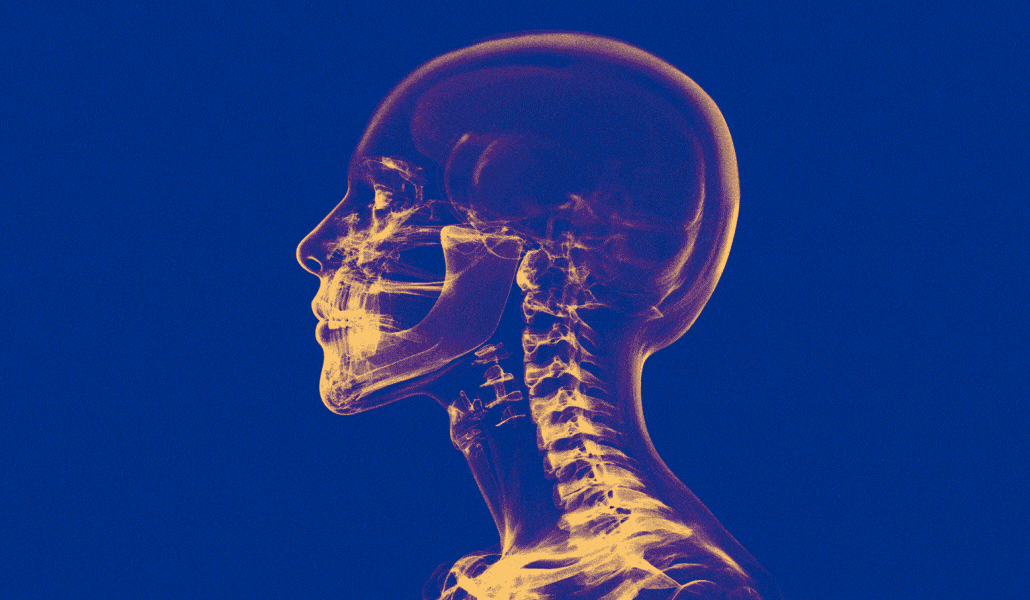



![What Is a Markup Language? [+ 7 Examples]](https://static.semrush.com/blog/uploads/media/82/c8/82c85ebca40c95d539cf4b766c9b98f8/markup-language-sm.png)
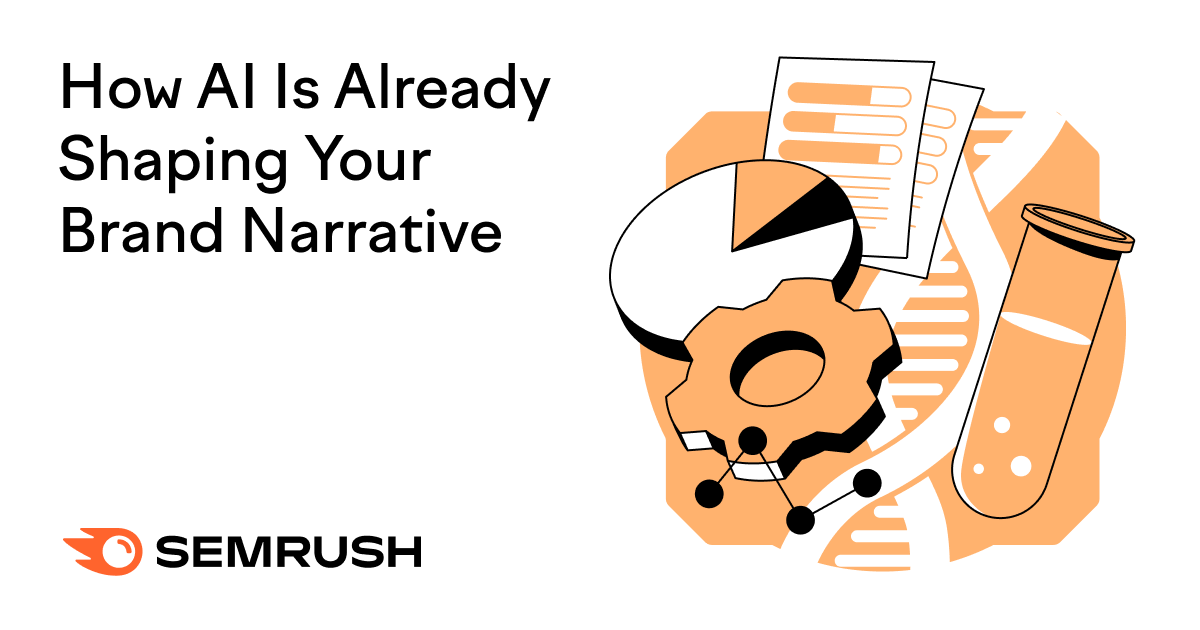


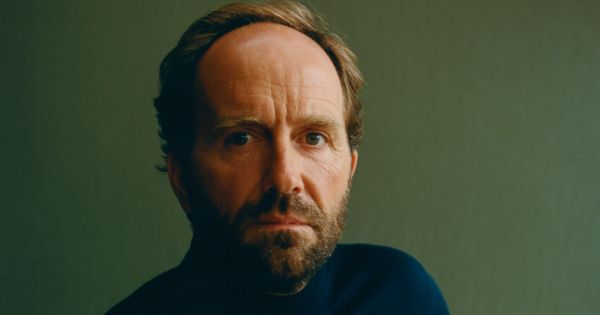







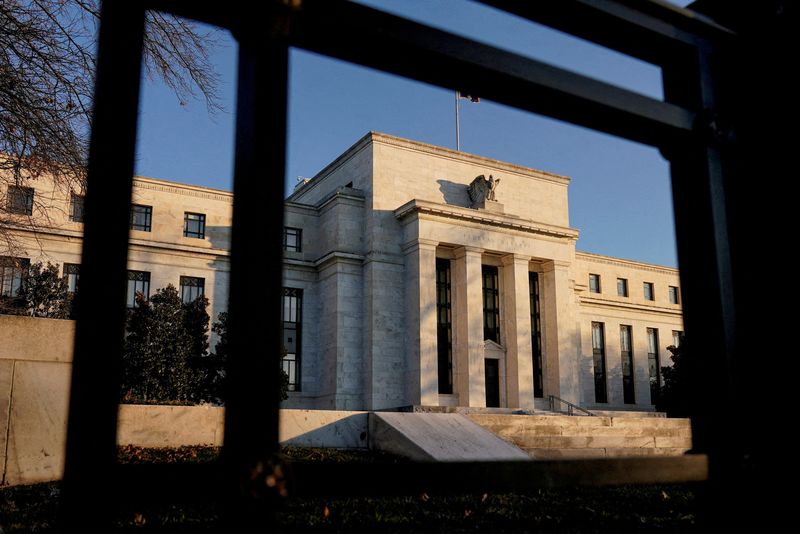
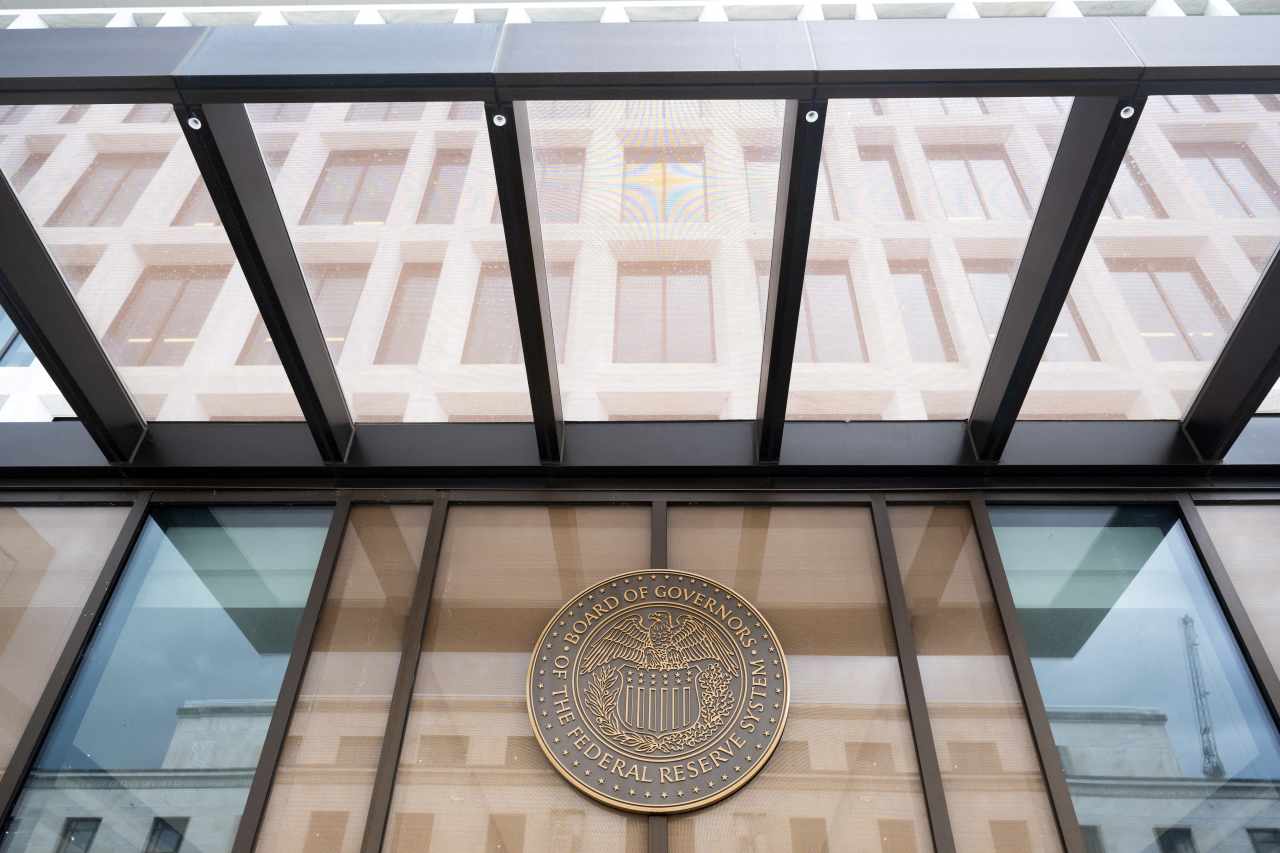



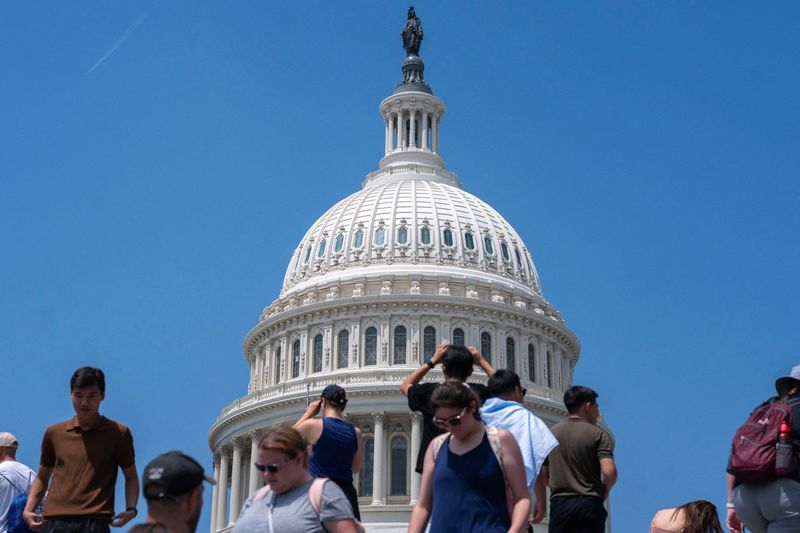
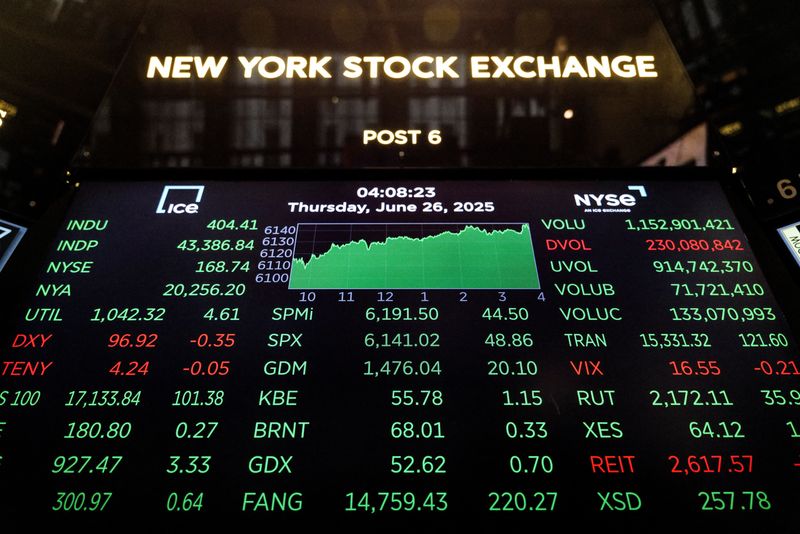
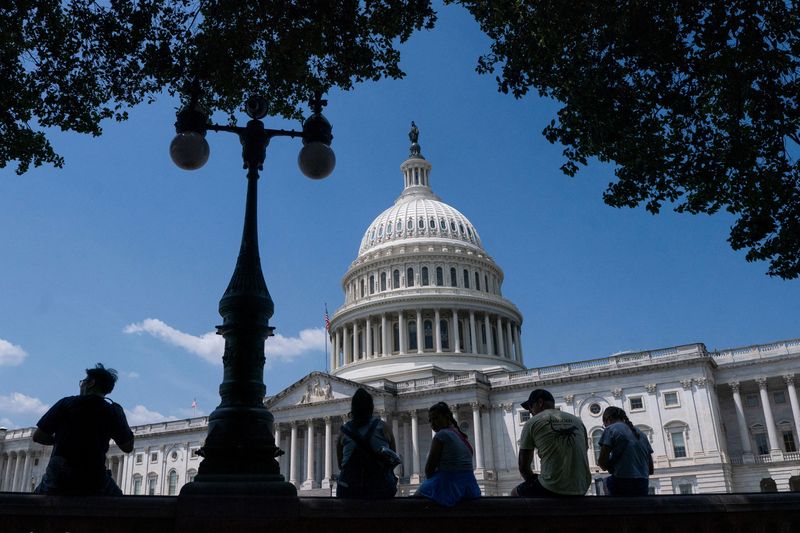








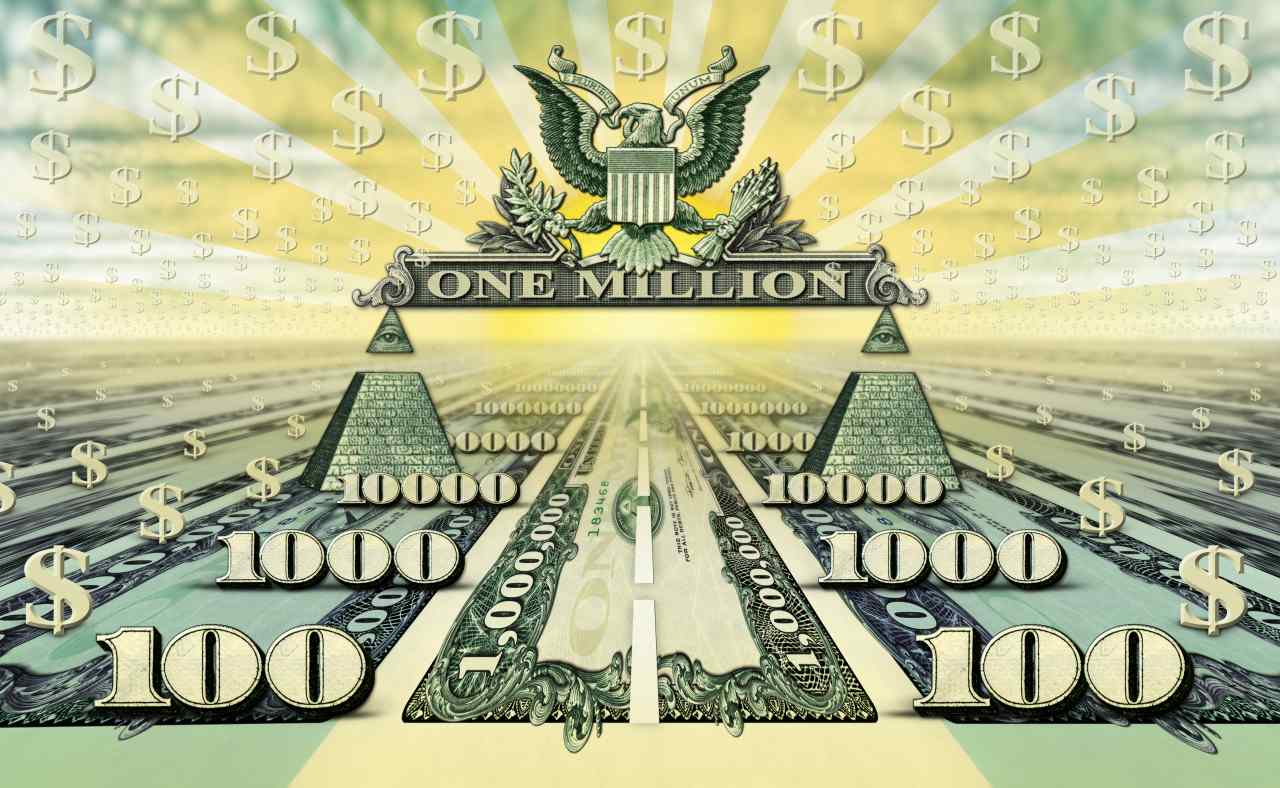














![[Weekly funding roundup June 21-27] A sharp rise in VC inflow](https://images.yourstory.com/cs/2/220356402d6d11e9aa979329348d4c3e/Weekly-funding-1741961216560.jpg)



